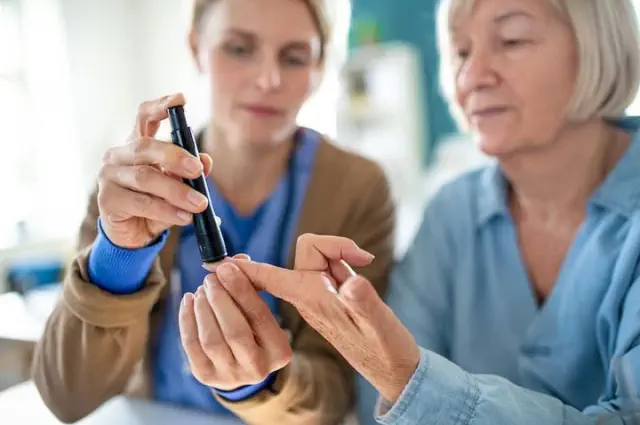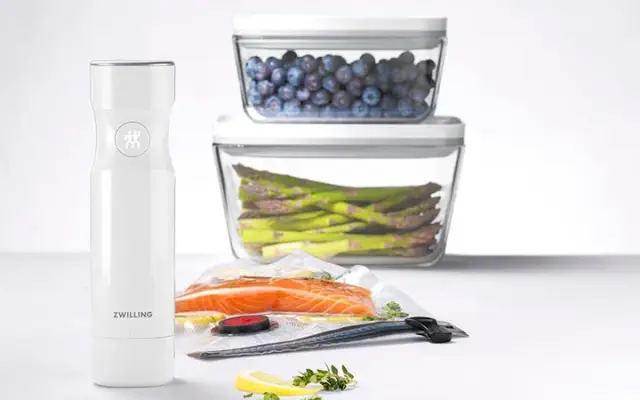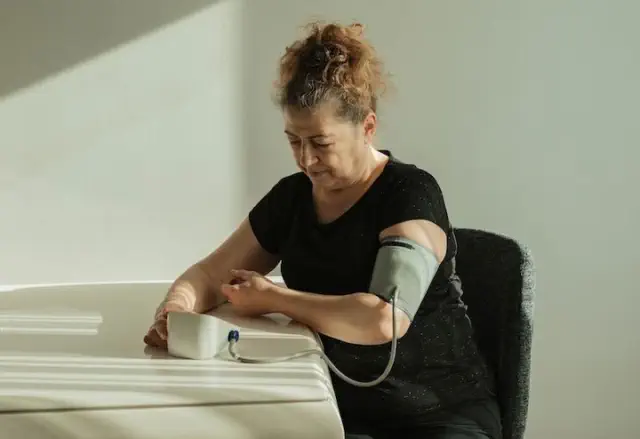
View pictures in App save up to 80% data.
Cold sores, while bothersome, are a widespread issue that typically resolves without posing significant health risks. They usually manifest as small, fluid-filled blisters near the lips or mouth and often disappear within a week, making their management more of an aesthetic than a medical priority. However, understanding what causes these outbreaks and how to control them is crucial.
What are the factors that provoke these episodes, and what can be done to mitigate or prevent their occurrence?
Cold sores, often appearing as small, painful blisters near the lips, are a result of the herpes simplex virus (HSV). They are highly infectious and can be provoked by various factors, including stress, sickness, or sun. Generally, they resolve spontaneously within one to two weeks, but they may also recur intermittently.
These sores are predominantly caused by the herpes simplex virus, typically HSV-1. After the initial infection, the virus resides in the body indefinitely, lying dormant until activated by certain triggers. These can range from stress and exhaustion to hormonal changes or environmental elements like sunlight or cold.
"Cold sores are a prevalent viral infection that, despite their unappealing nature and discomfort, usually resolve spontaneously within seven to ten days," remarks Phil Day, superintendent pharmacist at Pharmacy 2 U. "Episodes can be triggered by the virus reactivation due to stress, weakened immunity, or even physical trauma to the area."
Here are some approaches to treat cold sores: 1. **Topical Antiviral Creams**: Apply creams like docosanol (Abreva) to expedite the healing process. 2. **Prescription Antiviral Drugs**: Medications such as acyclovir or valacyclovir can be beneficial, particularly when initiated at the earliest sign of an outbreak. 3. **Pain Management**: Utilize over-the-counter analgesics like ibuprofen or acetaminophen to reduce discomfort. 4. **Cold Compresses**: A cold, damp cloth on the affected area can alleviate swelling and soothe pain. 5. **Trigger Avoidance**: Recognize and steer clear of factors that provoke outbreaks, such as stress or sun exposure. 6. **Hygiene Maintenance**: Gently clean the sore with soap and water to avert infection. 7. **Moisturization**: Apply lip balm or a calming ointment to keep the area moisturized and prevent it from cracking. 8. **Avoid Picking**: Do not touch or pick at the cold sore to prevent the spread of the virus. Consult with a healthcare provider for tailored advice and treatment options.
While there is no cure for the herpes simplex virus, several effective methods exist to manage cold sore outbreaks and reduce discomfort:
Key Insights on Cold Sores
Phil Day underscores several critical points:










